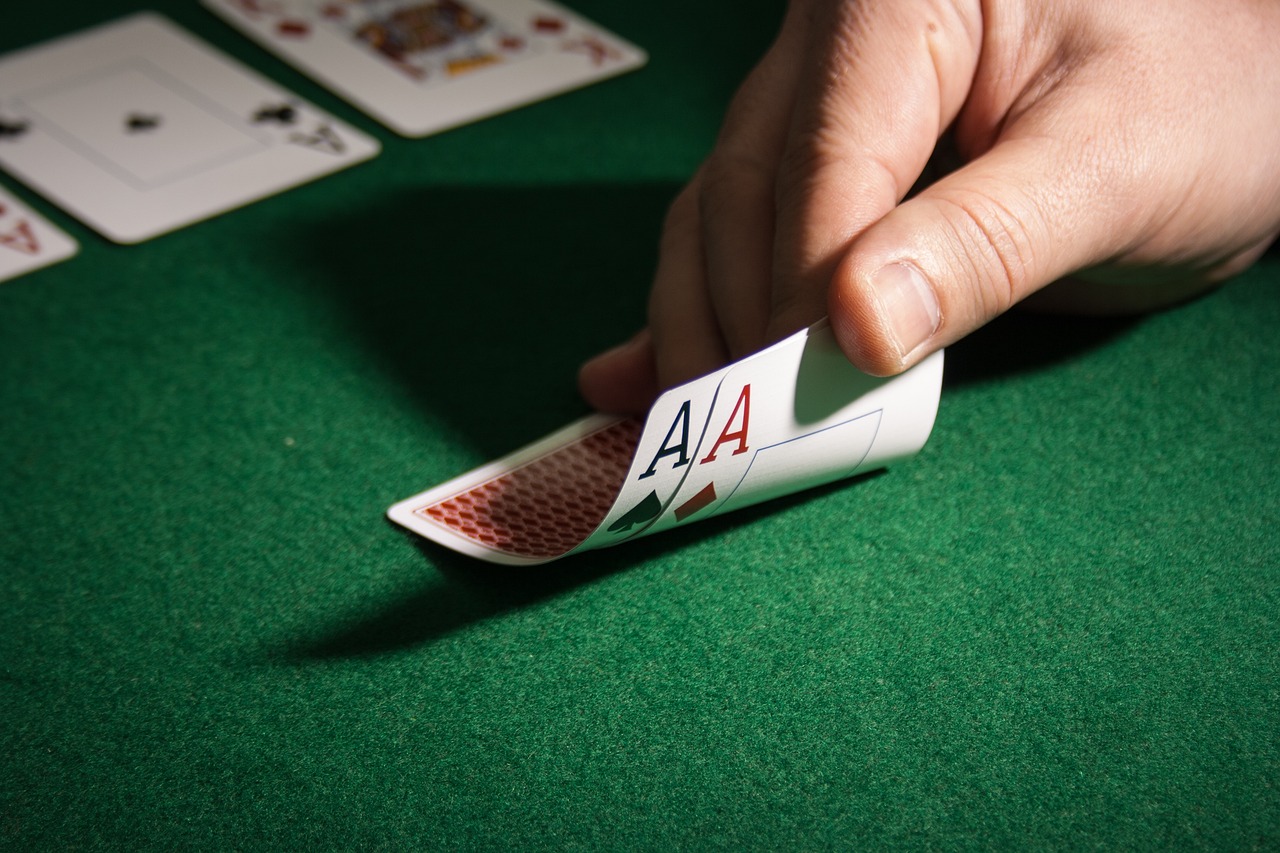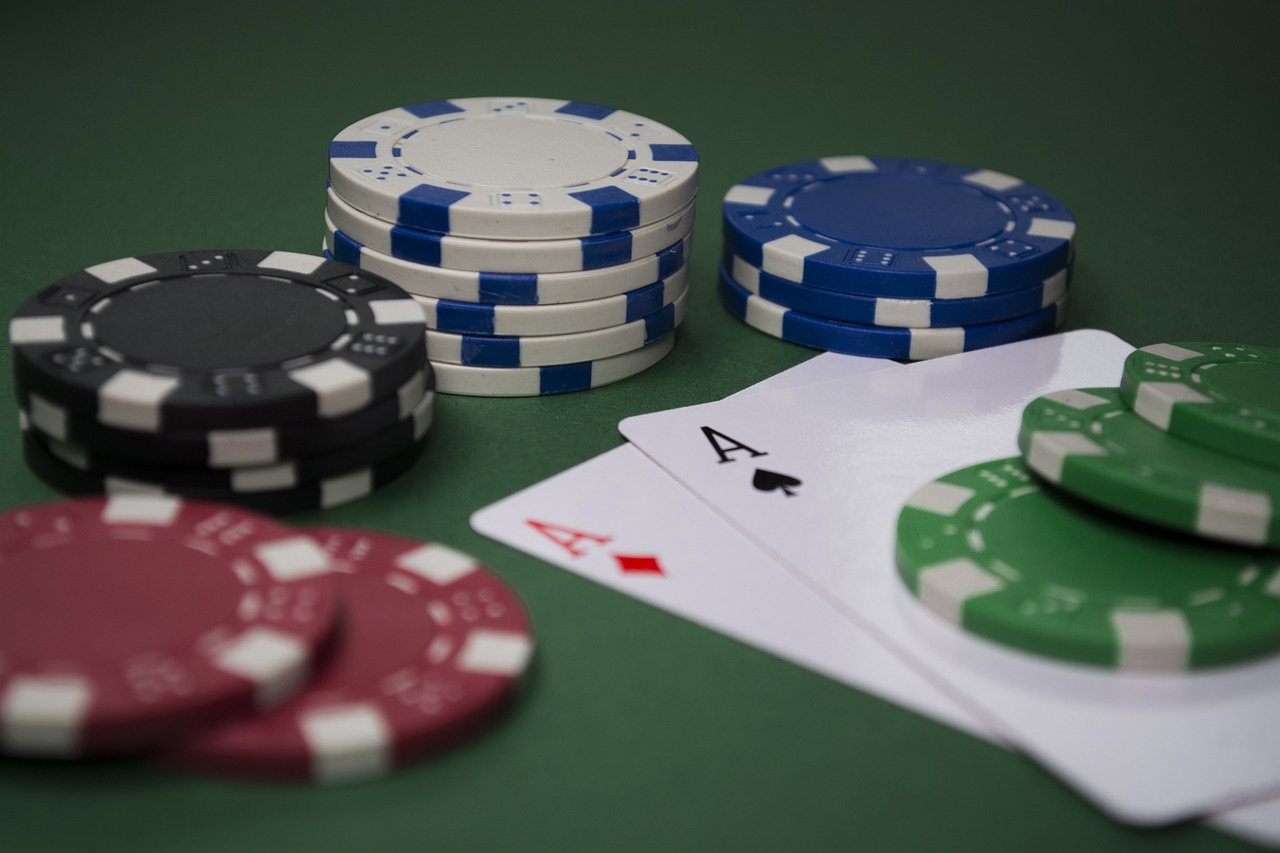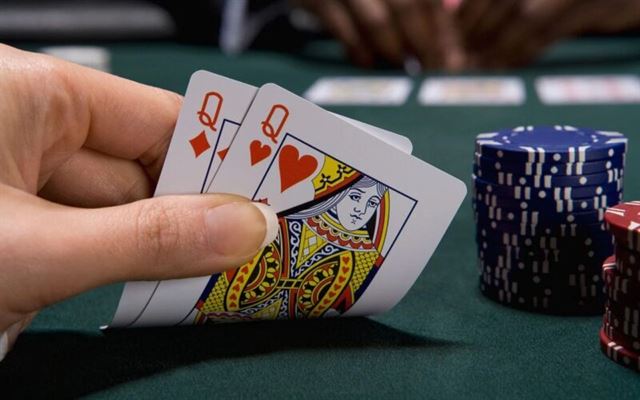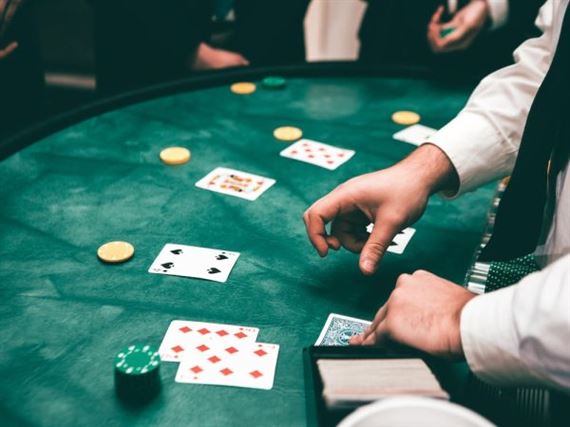The game of poker is not just about the cards you hold or the strategies you employ. It is also a battle of emotions, where your ability to control and harness your feelings can be the difference between success and failure. In this article, we will explore the power of emotional control in poker and discuss how staying calm and focused can give you an edge over your opponents.
The Power of Emotional Control in Poker: How to Stay Calm and Focused
One of the most crucial skills a poker player can possess is emotional control. When you sit down at the table, you are not only playing against the other players but also against yourself. Your emotions can cloud your judgment, lead to impulsive decisions, and ultimately cost you money. Therefore, it is essential to learn how to stay calm and focused throughout the game.
To begin with, understanding your emotions is key. Recognizing when you are experiencing anger, frustration, or excitement can help you take control of these emotions before they impact your decision-making process. Taking a deep breath, stepping away from the table for a moment, or simply reminding yourself to stay composed can go a long way in maintaining emotional balance during intense moments.
Another important aspect of emotional control in poker is learning to detach yourself from the outcome of each hand. It is natural to feel disappointed or elated based on whether you win or lose a particular hand. However, getting too emotionally invested in individual outcomes can cloud your judgment and hinder your overall performance. Remember that poker is a long-term game, and focusing on making the right decisions rather than obsessing over immediate results will serve you well in the long run.
Furthermore, maintaining focus is crucial in poker. Distractions can be detrimental to your decision-making process and leave you vulnerable to making costly mistakes. Whether it is external distractions like noise or internal distractions like negative thoughts, finding ways to eliminate or minimize them is essential. Developing a routine before each hand, such as taking a few seconds to clear your mind and refocus, can help you maintain the necessary concentration throughout the game.
In addition to controlling your own emotions, being aware of your opponents’ emotional states can also give you an edge. Poker is a psychological game, and understanding how your opponents react in different situations can provide valuable information. For example, if a player becomes visibly frustrated after losing a hand, they may be more likely to make impulsive or aggressive moves. Exploiting these emotional weaknesses can allow you to capitalize on their mistakes and increase your chances of success.
To conclude, emotional control is a powerful tool in poker that can greatly impact your overall performance. By recognizing and managing your own emotions, staying focused, and understanding your opponents’ emotional states, you can gain an edge at the table. Remember, poker is not just about the cards; it is about the people playing them. So, unleash your hidden weapon – your emotional edge – and take your game to the next level.
Mastering the Art of Reading Poker Tells: Understanding Emotional Cues at the Table
Poker is a game that requires not only skill and strategy, but also the ability to read your opponents. Understanding their emotional cues can give you an edge at the table and help you make more informed decisions. In this article, we will explore the importance of mastering the art of reading poker tells and how it can unleash your hidden weapon in the game.
One of the most crucial aspects of playing poker is being able to accurately interpret the emotions displayed by your opponents. These emotional cues can provide valuable insight into their thought process and potentially reveal the strength or weakness of their hand. However, it is important to note that reading poker tells is not an exact science. It requires practice, observation, and intuition.
When observing your opponents, pay close attention to their body language. A player who is confident and relaxed may have a strong hand, while someone who is fidgeting or avoiding eye contact may be bluffing. Similarly, a sudden change in posture or facial expression can indicate a shift in mindset or a reaction to the cards on the table.
Another important aspect to consider when reading poker tells is verbal communication. Pay attention to the words your opponents use and how they say them. A shaky voice or stuttering can be a sign of nervousness, which could mean they are bluffing. On the other hand, a calm and composed tone may indicate confidence and a strong hand.
In addition to body language and verbal cues, understanding the psychology behind poker tells is crucial. People tend to display certain behaviors when they are under pressure or feeling stressed. For example, a player who suddenly becomes overly talkative or starts making unnecessary movements may be trying to distract others from their true intentions.
It is also essential to remember that everyone has their own unique set of tells. While some players may exhibit obvious signs of nervousness or excitement, others may be masters at concealing their emotions. This is where your observation skills and intuition come into play. Look for patterns and inconsistencies in your opponents’ behavior to gain a better understanding of their true intentions.
To improve your ability to read poker tells, consider practicing with friends or joining a local poker club. The more exposure you have to different players and playing styles, the better equipped you will be to interpret emotional cues at the table. Additionally, studying books or online resources on the subject can provide valuable insights and strategies to enhance your skills.
In conclusion, mastering the art of reading poker tells is an invaluable skill that can give you an emotional edge in the game. By observing your opponents’ body language, verbal communication, and psychological behaviors, you can gain valuable insight into their thought process and make more informed decisions. Remember that reading poker tells requires practice, observation, and intuition. With time and dedication, you can unleash your hidden weapon and become a formidable player at the poker table.
Developing Mental Resilience in Poker: Overcoming Tilt and Bouncing Back Stronger
Poker is a game that requires not only skill and strategy, but also mental resilience. It’s no secret that emotions can run high at the poker table, and players who are able to control their emotions have an edge over those who let their feelings get the best of them. Developing mental resilience in poker is crucial for overcoming tilt and bouncing back stronger.
Tilt, often referred to as emotional or mental breakdown, is a state of mind where a player becomes frustrated, angry, or upset due to a bad beat or a series of losses. Tilt can cloud judgment and lead to poor decision-making, ultimately resulting in even more losses. To overcome tilt, it is essential to develop mental resilience.
One way to develop mental resilience is through self-awareness. By understanding your own emotions and triggers, you can better prepare yourself to handle challenging situations at the poker table. Take the time to reflect on past experiences and identify patterns in your emotional responses. Are there certain types of hands or opponents that tend to make you tilt? Recognizing these triggers will allow you to take proactive measures to stay calm and focused during gameplay.
Another important aspect of developing mental resilience is learning how to manage stress. Poker can be an intense and high-pressure environment, and it’s easy to let stress get the best of you. Practice relaxation techniques such as deep breathing or visualization exercises to help calm your mind and body. Taking breaks during long sessions can also be beneficial, allowing you to recharge and refocus.
In addition to self-awareness and stress management, maintaining a positive mindset is key to developing mental resilience. The ability to stay optimistic and motivated, even in the face of adversity, can greatly impact your performance at the poker table. Instead of dwelling on losses or bad beats, focus on the long-term goals and the bigger picture. Remember that poker is a game of variance, and short-term setbacks are inevitable. Stay confident in your abilities and trust in your decision-making process.
Furthermore, surrounding yourself with a supportive network of fellow poker players can also contribute to your mental resilience. Having people who understand the challenges you face and can offer guidance and encouragement can make a significant difference. Joining a poker community or participating in study groups can provide opportunities for collaboration and shared learning experiences.
Lastly, it is important to remember that developing mental resilience takes time and practice. Just like any other skill, it requires consistent effort and dedication. Be patient with yourself as you work towards improving your emotional control and mental strength. Celebrate small victories along the way, and don’t be discouraged by setbacks. Each experience, whether positive or negative, is an opportunity for growth and self-improvement.
In conclusion, developing mental resilience in poker is crucial for overcoming tilt and bouncing back stronger. By cultivating self-awareness, managing stress, maintaining a positive mindset, seeking support from others, and embracing the journey of improvement, you can unleash your hidden weapon – your emotional edge – at the poker table. Remember that mental resilience is not only beneficial in poker but also in various aspects of life. So, embrace the challenge, stay focused, and let your emotions work for you rather than against you.
Harnessing Emotional Intelligence for Better Decision Making in Poker
Poker is a game that requires both skill and strategy. While mastering the technical aspects of the game is crucial, many players overlook the importance of emotional intelligence in poker. Emotional intelligence, or EQ, refers to the ability to recognize and manage one’s own emotions as well as understand and influence the emotions of others. In poker, harnessing emotional intelligence can give players an edge by improving decision-making skills and enabling them to read their opponents more effectively.
One key aspect of emotional intelligence in poker is self-awareness. Being aware of your own emotions allows you to make better decisions at the table. For example, if you notice that you are feeling frustrated or angry after losing a hand, you can take steps to calm yourself down before making impulsive moves. By recognizing how your emotions can impact your decision-making, you can avoid making costly mistakes and instead focus on playing strategically.
Another important element of emotional intelligence in poker is empathy. Empathy involves understanding and sharing the feelings of others. In the context of poker, this means being able to put yourself in your opponent’s shoes and anticipate their next move based on their emotional state. For instance, if you notice that a player seems nervous or anxious, they may be bluffing. On the other hand, if a player appears confident and relaxed, they likely have a strong hand. By empathizing with your opponents, you can gain valuable insights into their strategies and adjust your own accordingly.
Furthermore, emotional intelligence enables players to regulate their emotions during gameplay. This means controlling impulses and staying focused despite any external distractions or setbacks. It is common for poker players to experience swings of emotion throughout a game, such as excitement after winning a big pot or disappointment after a loss. However, allowing these emotions to cloud judgment can lead to poor decision-making. By practicing emotional regulation techniques, such as deep breathing or visualization exercises, players can maintain their composure and make more rational choices.
In addition to self-regulation, emotional intelligence in poker also involves social awareness. This entails being attuned to the emotions and behaviors of others at the table. By paying attention to non-verbal cues such as body language or facial expressions, players can gain valuable information about their opponents’ hands. For example, a player who is avoiding eye contact or fidgeting may be bluffing, while someone who appears relaxed and confident likely has a strong hand. By honing their social awareness skills, players can become better at reading their opponents and making informed decisions based on these observations.
Ultimately, harnessing emotional intelligence in poker can provide players with a significant advantage. By developing self-awareness, empathy, emotional regulation, and social awareness, players can improve their decision-making abilities and gain insights into their opponents’ strategies. While technical skill and strategy are important components of successful poker play, emotional intelligence adds an extra layer of depth to the game. So next time you sit down at the poker table, remember to unleash your hidden weapon – your emotional edge – and watch as your gameplay reaches new heights.






